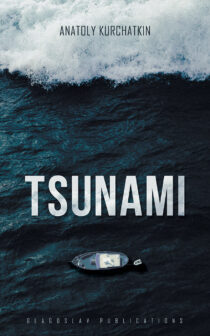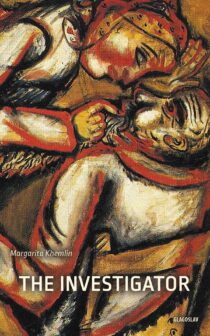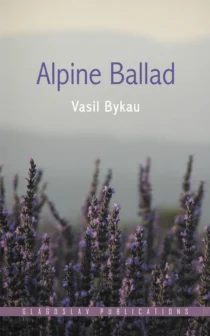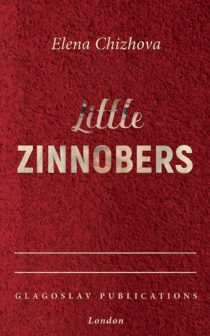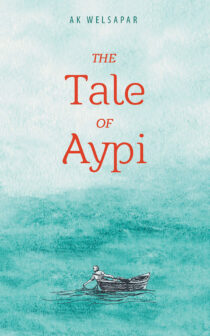A Poet and Bin-Laden is a novel set in Central Asia at the turn of the twenty-first century against a swirling backdrop of Islamic fundamentalism in the Ferghana Valley and beyond.
The story begins on the eve of 9/11, with the narrator’s haunting description of the airplane attack on the Twin Towers as seen on TV while he is on holiday in Central Asia. Subsequent chapters shift backwards and forwards in time, but two main themes emerge: the rise of the Islamic Movement of Uzbekistan under the charismatic but reclusive leadership of Tahir Yuldash and Juma Namangani; and the main character, poet Belgi’s movement from the outer edge of the circle, from the mountains of Osh, into the inner sanctum of al-Qaeda, and ultimately to a meeting with Sheikh bin Laden himself.
His journey begins with a search for a Sufi spiritual master and ends in guerrilla warfare, and it is this tension between a transcendental and a violent response to oppression, between the book and the bomb, that gives the novel its specific poignancy. Along the way, Ismailov provides wonderfully vivid accounts of historical events (as witnessed by Belgi), such as the siege of Kunduz, the breakout from Shebergan prison – a kind of Afghan Guantanamo – and the insurgency in the Ferghana Valley.
From the Preface to A Poet and Bin-Laden.
Supported by English PEN and Arts Council, England.

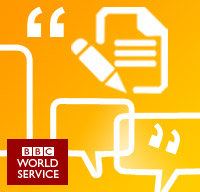

| Dimensions | N/A |
|---|---|
| Author | Hamid Ismailov |
| Pages | 296 pages |
| Book Format | Hardcover, Paperback, EPUB, Kindle, PDF |
| Publication date | 1st September 2012 |
Video
[real3dflipbook id=’1′]
Review Quotes
‘A complex mosaic of a novel, reflecting Central Asian turmoil and involving jihadists and post-Soviet dictators, young idealists and their power-hungry elders, ending with an account of the murderous conflicts within the family of the Great Moghuls of India. What do these have in common with the modern terrorism of Al-Quaeda and other such groups? The theme is surely the same: Islamic fratricide.’ John Spurling, the acclaimed author of ‘MacRune’s Guevara’ and ‘A Book of Liszts’
A Poet and Bin-Laden is an extraordinary and important book, providing an unique perspective on vital questions. I appreciate the book’s symphonic structure, its far-reaching, modern-epic-like chorus and its weave of fact and fiction and wonder. It’s a fascinating and rich book. Jill Shoolman /US Archipelago
A few of us here have now had a chance to take a look at the pages of A Poet and Bin-Laden, which show the same intelligence, wit and deep political engagement so apparent in your short stories. Your work is clearly wonderful. David Halpern
‘A Poet and Bin-Laden’ draws us with elegance and sympathy into a landscape barely known. Using reportage and descriptions of real events and people, it traces the life of Belgi, a poet of Soviet Uzbekistan transformed by 9/11 into an Islamic fighter. Belgi is a character living in the borderlands between the actual and the imagined. Ismailov paints deftly the restless world of Central Asia in all its spectacular geography, hidden places and loneliness. Along the way, the book is too an insider’s elegy for the vanished country of the USSR; to which all its citizens, like Belgi, can never return.
Andrew Bromfield’s beautiful translation allows Belgi to jump off the page as lifelike as he is in the original Russian. Monica Whitlock, former BBC correspondent to Central Asia, author of the book ‘Beyond the Oxus’
“A Poet and Bin-Laden is a timely attempt at penning the history of post-Soviet Uzbekistan, where the book has been banned, and at examining the roots of Islamism. It is also a hymn to human civilisation struggling to break through the barriers of violence and hatred.” Anna Aslanyan/THE NATIONAL
“This book shows how extreme political movements actually come about. It is never about the few socially disabled cranks always to be found in such organisations, be it Al Queda, the Workers Revolutionary Party, or the BNP. What matters is when cataclysmic events push real people with lives towards such organisations.” Kevin Higgins/GALWAY ADVERTISER
“It is an extraordinary book. I am not sure it is a novel at all – but that barely matters. It is a difficult read and one can get stuck along the way, not least because it is a narrative that keeps putting itself under arrest – as if holding itself up at gunpoint. But it is worth persevering because it takes one deep into Islamic fundamentalism in Uzbekistan, Kyrgyzstan, Tajikistan and Afghanistan and is frightening, intermittently brilliant and revelatory.” Kate Kellaway/THE GUARDIAN
“A Poet and Bin Laden often feels like a patch-work history of Uzbekistan in the 1990’s, rather than a story about Belgi, but its insights into Central Asia are fascinating and its analysis of paramilitary Islam is far more nuanced than the binary cultural opposition of, for example, Mohsin Hamid’s hugely successful and in some ways analogous novel The Reluctant Fundamentalist (2007).” Alexander Starritt/TIMES LITERARY SUPPLEMENT
“I enjoyed ‘A Poet and Bin Laden’, if ‘enjoy’ is a word one can employ to convey satisfaction from a searing experience. It is certainly a monumental presentation of the social, political, and religious upheaval in Central Asia. With ‘The Railway’ it represents ‘our time’ in a unique way. Everyone should read both books, and understand a little better how our world is evolving.” Jack Harte, famous Irish writer
“The value of the novel is that it provides a more intimate perspective on that movement. Not that Hamid Ismailov was part of it himself — it’s not an insider’s view — but he’s an Uzbek poet and novelist who fled the country and ended up working for the BBC World Service, writing about an Uzbek poet who fled the country and ended up fighting with Islamic militants. There’s a cultural empathy there which is quite different to reading a book written by, say, an American diplomat or academic.” Harry Rutherford, Heraclitean Fire
“Poignant, topical, and offering unparalleled insight into some of the most significant events dominating the last quarter-century of world history, this is a book that will make its mark on all who read it. ” Lauren Neal/EUREKA magazine
A Whiff of Terrorism in the Air/ LITERALAB
“It is an extraordinary book. I am not sure it is a novel at all – but that barely matters. It is a difficult read and one can get stuck along the way, not least because it is a narrative that keeps putting itself under arrest – as if holding itself up at gunpoint. But it is worth persevering because it takes one deep into Islamic fundamentalism in Uzbekistan, Kyrgyzstan, Tajikistan and Afghanistan and is frightening, intermittently brilliant and revelatory.” Kate Kellaway/THE OBSERVER
“I enjoyed ‘A Poet and Bin Laden’, if ‘enjoy’ is a word one can employ to convey satisfaction from a searing experience. It is certainly a monumental presentation of the social, political, and religious upheaval in Central Asia. With ‘The Railway’ it represents ‘our time’ in a unique way. Everyone should read both books, and understand a little better how our world is evolving.” Jack Harte, famous Irish writer
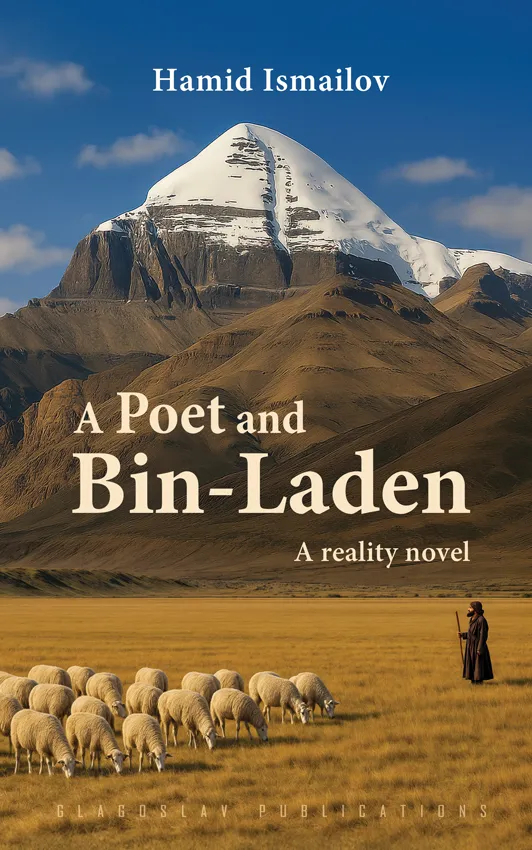

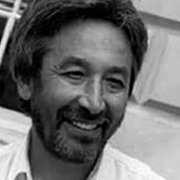 Hamid Ismailov (born 1954), an Uzbek journalist and writer, was forced to flee Uzbekistan for the United Kingdom in 1992, where he took a job with the BBC World Service.
Hamid Ismailov (born 1954), an Uzbek journalist and writer, was forced to flee Uzbekistan for the United Kingdom in 1992, where he took a job with the BBC World Service.